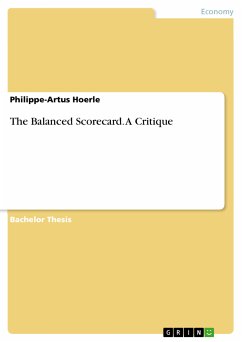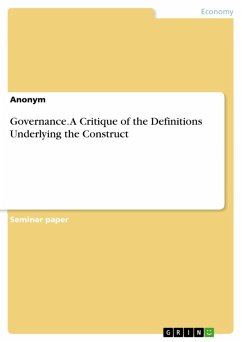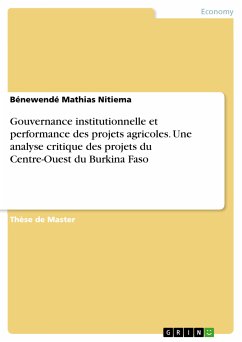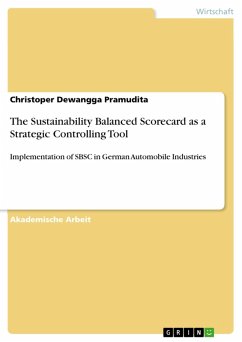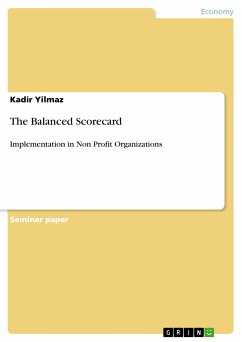Bachelor Thesis from the year 2005 in the subject Business economics - Business Management, Corporate Governance, grade: 1.0, Anglia Ruskin University, language: English, abstract: In today's business environment measuring business performance is a matter of life and death within any organisation (compare Ittner and Larcker, 1998). Due to the changing nature of work and increasing competition with changing demands (Neely, 1999) the number of people interested in business performance measurement has recently increased dramatically. But business performance measurement is confronted with a vital choice what system the company should use to quantify the success of the organisation's strategy. In this context the Balanced Scorecard(Kaplan and Norton, 1992, 1996) is almost used as a synonym for measuring Business Performance Measurement (BPM). With this in mind, the following dissertation aims at a critical exploration and assessment of the framework of the Balanced Scorecard (BSC) and it examines if this framework merits its wide popularity experienced and still experiences. Following a definition of the BSC, the author turns to the elements of the BSC with its key proclamations. Strengths and weaknesses will be outlined by considering different case scenarios. The main attention will be put on the question whether the BSC leads to better business results, as it is publicized, or if its wide use is only an outcome of its effective promotion. Before the analysis comes to an ending in which it summarises the key points, the author suggests some recommendations for organisations when using the BSC, in order to meet its problem areas. In this context the author's personal view will be flowing in.
Dieser Download kann aus rechtlichen Gründen nur mit Rechnungsadresse in A, B, BG, CY, CZ, D, DK, EW, E, FIN, F, GR, HR, H, IRL, I, LT, L, LR, M, NL, PL, P, R, S, SLO, SK ausgeliefert werden.

